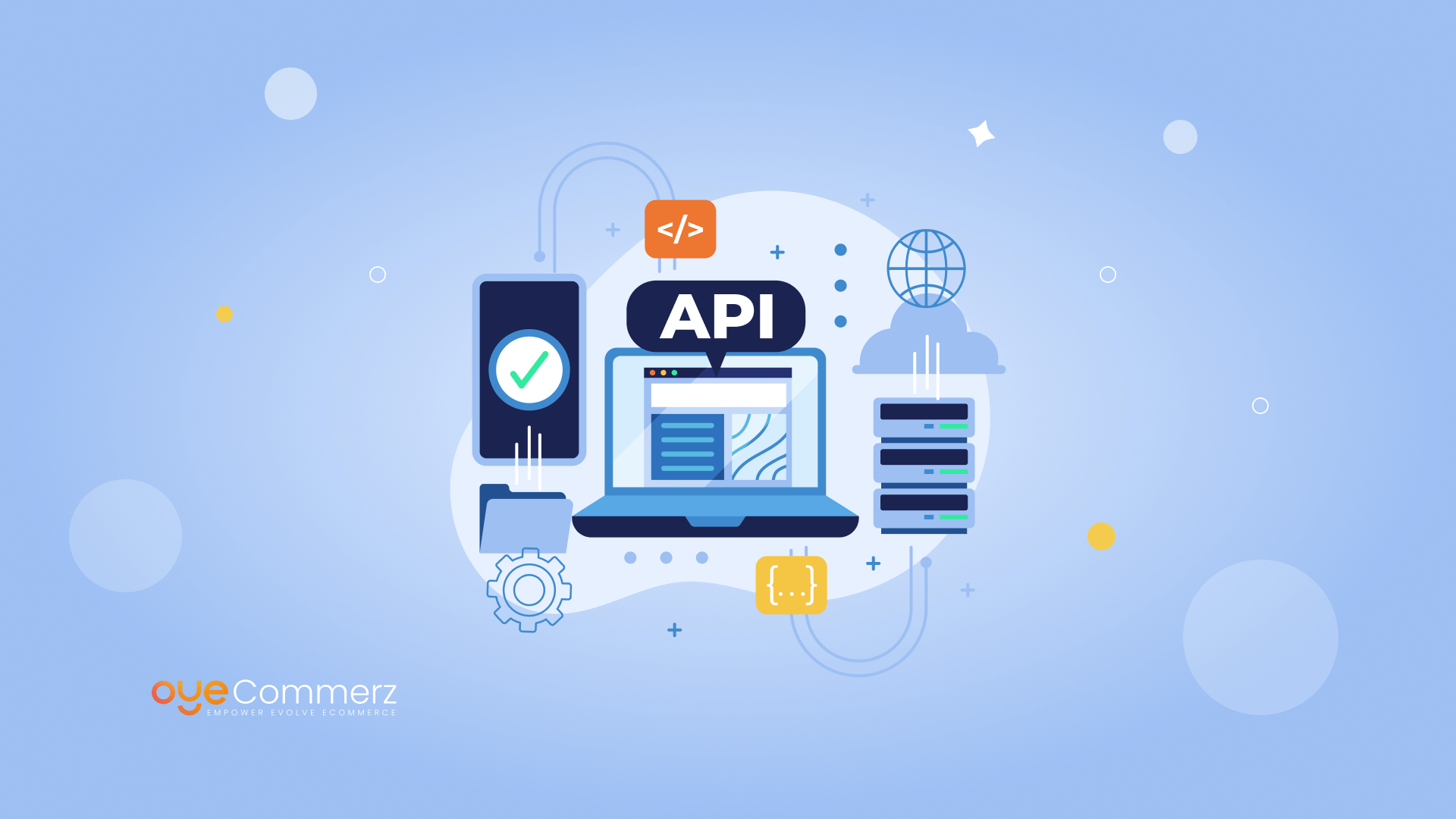Introduction
In the current cutthroat e-commerce environment, standing out is essential, and a top method to set apart a Shopify store is through tailored app creation. A robust Shopify app can boost store functionality, streamline operations, and elevate customer engagement. This guide delves into essential aspects of Shopify app development, from API integration to growth techniques and promotion methods, offering a roadmap for companies seeking unmatched store efficiency.
Why Shopify API Integration Matters
Shopify’s API provides powerful tools to personalize and extend store functionalities. With GraphQL and REST APIs, developers can retrieve information to create apps that manage inventory control, order processing, and customer data management smoothly. Integrating Shopify’s API can lead to better workflow automation and allows stores to assist shoppers more effectively.
Utilizing the Polaris Design System
Polaris is Shopify's design system for designing user-friendly and accessible Shopify apps. By following Polaris guidelines, developers ensure that apps seamlessly integrate within the Shopify Admin experience. This ensures a cohesive appearance that appeals to Shopify merchants, encouraging ease of use and familiarity for merchants using your custom app.
Navigating the Shopify App Ecosystem
The Shopify app ecosystem provides numerous opportunities for improving online stores. From managing fulfillment processes to increasing customer engagement, apps in this ecosystem are designed to meet diverse business needs. Learning about this system assists developers in identifying unique app opportunities and enables smooth connections of third-party services that add value to the store.
Building Embedded Shopify Apps
Embedded apps work seamlessly within the Shopify Admin, providing a smooth interface for merchants. They allow merchants don’t have to navigate away from their Shopify dashboard, streamlining their workflow. Using Shopify App Bridge and embedded app features is recommended for offering a cohesive, integrated user experience.
Leveraging Node.js and React for Shopify Development
The technologies Node.js and React have emerged as ideal tools for Shopify app development. This server-side framework Explore Shopify customization enables high-performance back-end services, while React enables interactive and adaptive front-end design. Combined, they offer an strong platform for creating speedy, scalable Shopify apps that enhance store performance and customer interaction.
Utilizing Webhooks in Shopify Development
Webhooks enable instant data synchronization between Shopify and an external app. They trigger events such as new orders or stock changes and send instant notifications to your app. By implementing webhooks, apps can provide up-to-date information to store owners, simplifying processes and increasing efficiency.
Customer Engagement and Digital Marketing for Shopify Apps
To make a Shopify app successful, connecting with users is key. Utilizing digital marketing strategies like SEO, email marketing, and social outreach can drive app adoption. Additionally, creating applications with customer engagement in mind (e.g., loyalty programs or personalized recommendations) boosts user retention and satisfaction.
Scaling Your Shopify App
As e-commerce stores expand, so do their technology requirements. Making sure that Use Node.js in Shopify apps your app can manage higher usage, larger data sets, and more complex functionalities is essential. By optimizing server resources and using scalable technologies, you can develop apps that grow in tandem with a store’s success.
Important Features and Maintenance Tips for Shopify Apps
For an app to be useful, it should offer key capabilities like user login, analytics dashboard, and customer support options. Ongoing app maintenance, including updates to fix bugs and ensuring compatibility with new Shopify functionalities, is vital to ensure uninterrupted performance and prevent disruptions to merchant workflows.
Conclusion
Custom Shopify app development holds vast potential for e-commerce stores, providing the chance to enhance performance, streamline processes, and foster customer loyalty. With API integrations and Node.js to focusing on scalability and customer interaction, creating a Shopify app involves thoughtful preparation and well-planned actions. If you’re ready to elevate your e-commerce experience, a custom Shopify app may be the ideal solution. What features do you see for your dream application? Share your thoughts and begin the journey to an optimized e-commerce experience!
